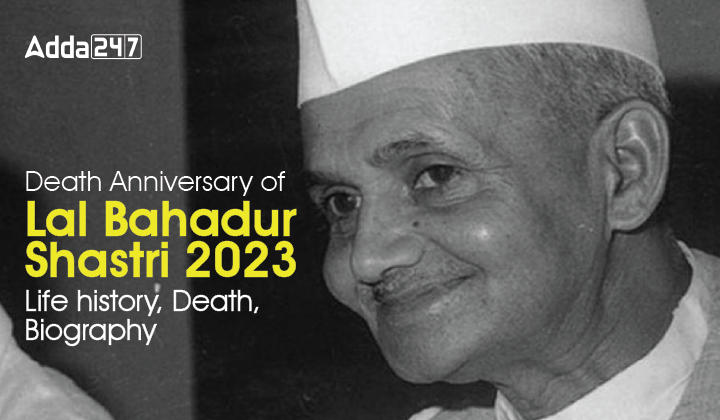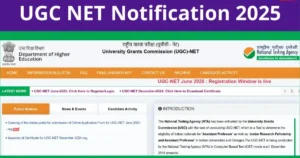Table of Contents
Lal Bahadur Shastri was the Second Prime Minister of India. He is one of the most powerful and impactful leaders in the history of India and its freedom struggle. He bravely and level-headed took India forward even in wartime with Pakistan in 1965. He died on 11th January 1966 in Tashkent and since then we remember him on his death anniversary with a heavy heart. In the following article, you will get to know everything about Lal Bahadur Shastri in detail.
Life of Lal Bahadur Shastri
Lal Bahadur Shastri was born on 2nd October 1904 at Mughalsarai. The humble man has given more than 30 years of his life to his country. He joined the Indian Independence Movement as he was highly inspired by Mahatma Gandhi and Lokmanya Tilak. Meanwhile, he studied at East Central Railway Inter College in Mughalsarai and Varanasi and graduated from Kashi Vidyapeeth in 1926.
He had been conferred with the name “Shashtri” which means “Scholar” an award after he won a bachelor’s degree award named ‘Shastri’. Later, he became a member of the Servants of the People Society (Lok Sevak Mandal), founded by Lala Lajpat Rai. He worked for the backward classes, and also became the President of the same Society.
Biography of Lal Bahadur Shashtri
He actively participated in Gandhi ji’s non-cooperative movement. During Dandi March performed as a mass civil disobedience movement initiated by Mahatma Gandhi against the salt tax imposed by the British government in India, Shastri took an active part in it. He was jailed for two years for the same as well. He joined as the Organising Secretary of the Parliamentary Board of U.P in 1937 and in 1942 he was jailed for participating in Mahatma Gandhiji’s Quit India movement for four years until 1946.
Before becoming the Second Prime Minister of India, he held various significant positions in Uttar Pradesh Cabinet and later in Central Government as well. After the sudden death of Jawaharlal Nehru on 27 May 1964, Lal Bahadur Shastri was elected as the second Prime Minister of India on 9th June 1964.
Death of Lal Bahadur Shashtri
India went to war with Pakistan under the leadership of Lal Bahadur Shashtri in 1965 and a ceasefire was declared after declared through UNSC Resolution 211 following diplomatic intervention by the Soviet Union and the United States. A treaty was signed by Lal Bahadur Shashtri and Muhammad Ayub Khan at Tashkent, Uzbekistan (Then USSR).
On the very night after signing the Tashkent Treaty on 11th January 1966, Lal Bahadur Shashtri died under mysterious circumstances. His sudden death gave birth to many controversies related to his being poisoned.



 UGC NET Notification 2025 Out, Exam Date...
UGC NET Notification 2025 Out, Exam Date...
 CSIR NET Cut Off 2025, Download Subject ...
CSIR NET Cut Off 2025, Download Subject ...
 CSIR NET Scorecard 2025 Out, Download Re...
CSIR NET Scorecard 2025 Out, Download Re...














